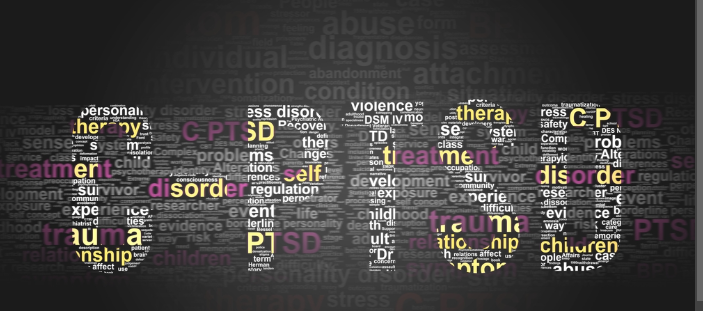Complex PTSD is more severe than standard PTSD, but we’re still learning about both conditions.
A diagnosis of post-traumatic stress disorder, or PTSD, is commonly understood to signify persistent difficulties managing a single traumatic event. Witnessing or going through something horrific, such as a violent crime, a deadly tornado, or a bad car accident, can set off post-traumatic stress disorder (PTSD). It is well known that up to 8% of people will at some point suffer from PTSD.
However, a more recent categorization of PTSD has surfaced, which is not yet ingrained in our lexicon. Complex PTSD is the more severe sibling of PTSD. The American Psychiatric Association determined that complex PTSD is still not an official diagnosis, despite the World Health Organization’s recent recognition of it as a health issue.
Also read-PTSD : A Patient’s Guide To Post-Traumatic Stress Disorder
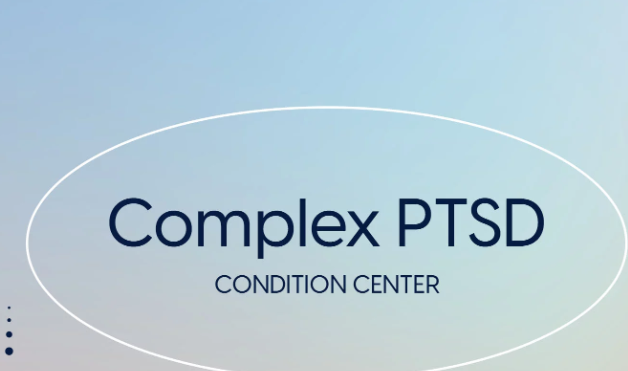
Causes of complex PTSD
It is thought that chronic or extended exposure to traumatic experiences is what causes complex PTSD, rather than a single traumatic event that results in mental and emotional symptoms. It’s the child being abused physically or sexually, the soldier serving in combat, the individual in a bomb shelter in Syria, or the concentration camp. You’re experiencing it, or you’re seeing it happen,” says Rush University Medical Center associate chair of psychiatry Dr. Robert Shulman.
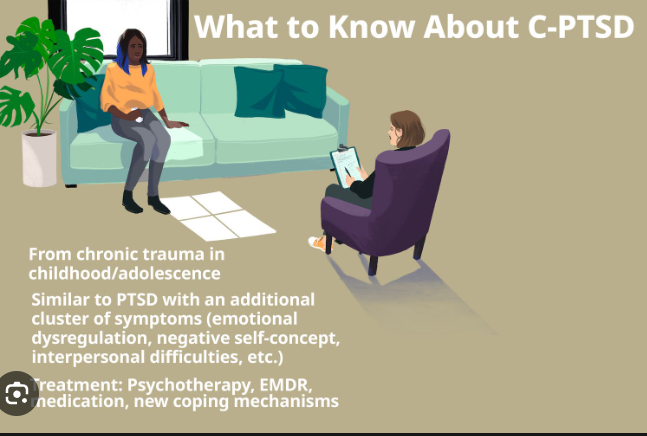
In both complex PTSD and standard PTSD, the brain has a hard time regulating emotions that stem from trauma. “In people who don’t get PTSD, their brains adapt and circuits in the limbic system (which guides emotional response) cool off on their own. People who develop prolonged responses to trauma continue to have this area of the brain light up when exposed to similar triggers, whether sounds, smells or visual information reminds them of the incident,” Shulman explains.
Symptoms
Many symptoms of PTSD and complex PTSD are similar. Those who suffer from PTSD or complex PTSD may continue to experience the following symptoms long after the traumatic event or events:
- Unpleasant, recurring, intense flashbacks or nightmares involving the incident or incidents.
- They must stay away from things that will remind them of the traumatic experiences.
- A sense of separation from other people.
- Anger, despair, fear, shame or guilt.
- Distorted self-perceptions, such as low self-worth or feelings of undeservingness.
- Reactive symptoms include irritable outbursts, reckless behavior, and trouble sleeping or concentrating.
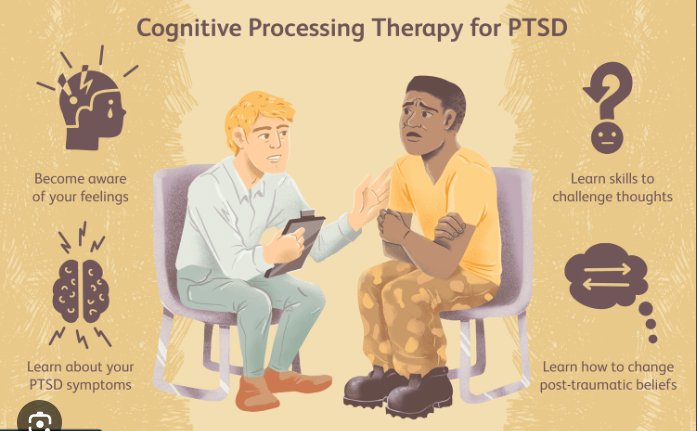
Diagnosis
Because complex PTSD is an emerging diagnosis and is not fully recognized by all medical societies, there isn’t a standard set of criteria to diagnose the condition the way there is with standard PTSD. “We don’t have enough data to evaluate who meets criteria,” Neylan points out.
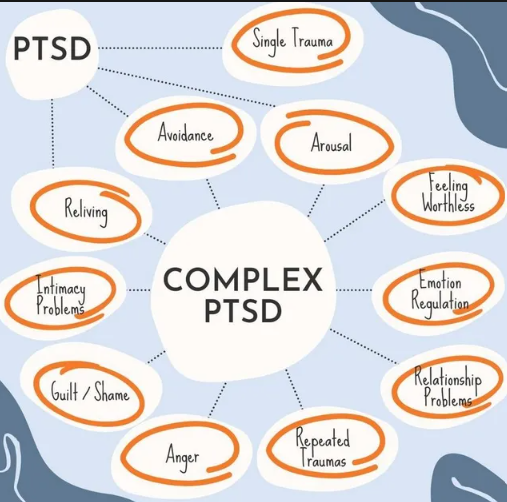
Does that mean people are going undiagnosed? “I don’t think it’s commonly put together and called complex PTSD,’” Shulman says, “but I don’t think it’s getting missed. We may not say complex PTSD but identify the components. Maybe it’s depression, mood instability or avoidance.”
Treatment
Unlike standard PTSD, the treatment plan for complex PTSD is less defined. When a person has PTSD, their memories are fixated on one or a select few events that serve as the main therapeutic target. According to Neylan, there is a specific goal to assist the individual in mastering a sense of recovery. These trauma-focused therapies appear to be missing something important for those who have experienced repeated exposure. After undergoing various forms of exposure, which trauma do you concentrate on?
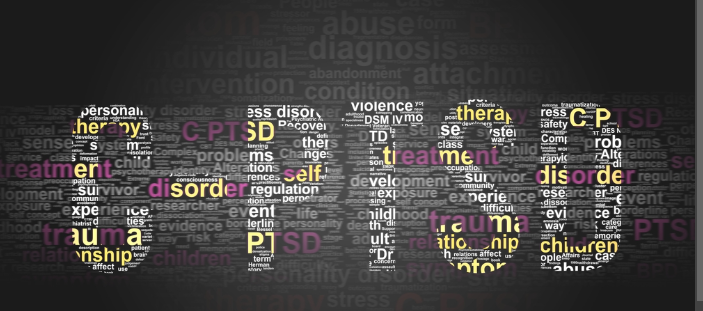
What’s clear is that treatment isn’t one-size-fits-all. It must be individualized. “Everyone’s different, and whatever the predominant symptoms are, you’ll address them with therapies that will be most helpful,” Shulman adds.
Also read-Signs Of Depression: Symptoms To Watch For Depression
images source: Google
Disclaimer: The opinions and suggestions expressed in this article are solely those of the individual analysts. These are not the opinions of HNN. For more, please consult with your doctor.







